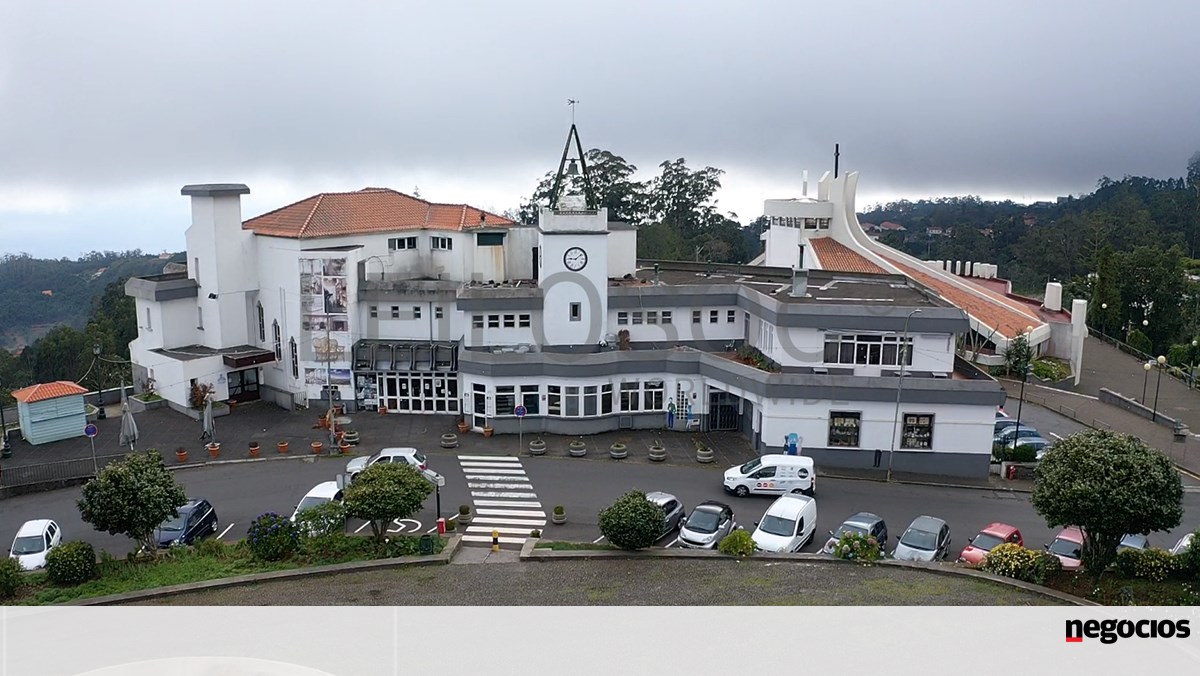The emblematic institution, opened in 1896 in the Madeiran village of Camacha, which includes a 24-room inn, two restaurants, a bar, a museum and a wicker factory, went bankrupt in 2020 with debts of 2.5 million euros.
The café still retains the clock that gave it its name at the top of the tower. It was brought from the parish church of Woolton, near Liverpool, by the Englishman Michael C. Grabham, owner of Quinta da Camacha, and was first struck on 6 April 1896.
Since then, Café Relógio has become a stopping point for tourists and locals.
It became one of the biggest attractions in the city of Camacha Madeiran, especially since it included a wicker factory, having gained an inevitable reference status for such an important industry in the region, with the belief that this craft arrived here at the hands of the British. .
The Relógio Café has gained a high level of importance in the field of tourism promotion in Madeira, having advanced five years ago by presenting an ambitious modernization project, with the creation of a Wicker Museum, a tea house, a hotel and an innovation centre, in an investment with a budget of around three million euros. .
But then, with the arrival of the COVID-19 pandemic, Café Relógio began to collapse, with its 40 employees not being paid.
It entered bankruptcy in August 2020, with debts of €2.5 million to creditors, and closed at the end of that year.
During the liquidation of Silva & Freitas, Lda, owner of the Relógio Café, which was managed by José Manuel Correa Manuel and Orlando Correa, the symbolic establishment was put up for sale in an electronic auction with a basic value of 2.4 million euros, with the opening price set at 1.6 million.
The building, with a total area of more than three thousand square meters, distributed over seven floors, consists of a hostel with 24 rooms, two restaurants, a museum, and a wicker factory.
One item is being auctioned off, and additional content includes a wide range of hotel and restaurant equipment, office and computer equipment, as well as furniture, an inventory of various regional and artisanal items, and two vehicles.
This Tuesday, October 17, in the countdown until 6pm, the closing time of the auction, held on the Leilosoc auction platform, the bidding table moved again, but settled at only €1.65 million.
Now, according to the auction rules, if the base value is not reached, it is up to the auctioneer to decide whether to accept it or not, according to the insolvency administrator’s decision.

“Wannabe internet buff. Future teen idol. Hardcore zombie guru. Gamer. Avid creator. Entrepreneur. Bacon ninja.”

